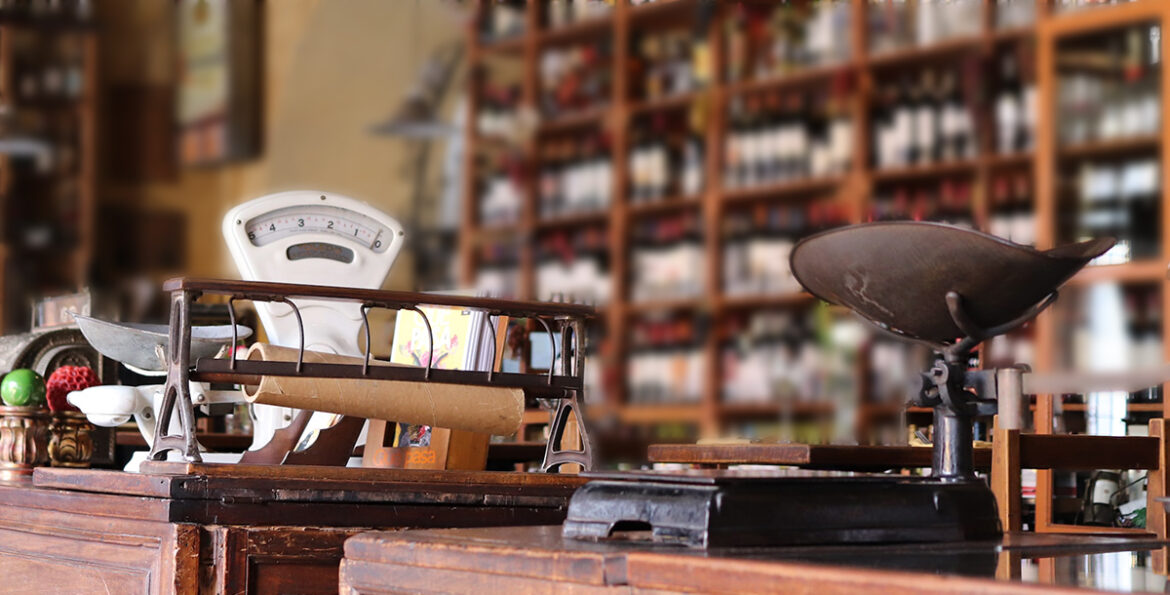
- Home
- Uncategorised
- The Dream Shop

The Dream Shop
- 5th June 2023
- Category : Uncategorised
Each week, we pick a short fiction piece from our Fairlight Shorts archives to feature as our story of the week. This week, we’ve chosen a story about imagination by Sara Siegel.
Sara Siegel is a lifelong writer and crafter who has worked primarily in community, education, and arts-based organizations including Mass Poetry, Snow Farm: The New England Craft Program, and The Fine Arts Work Center. Sara’s short stories have been published in Wild Violet, Vantage Point, Toasted Cheese Literary Journal, Cleaver Magazine and Bright Sleep Magazine.
‘The Dream Shop’ follows a man who makes dreams as he considers the future of his shop.
Enjoy!
Stanley Richard Klonczynski had worked at the dream shop for fifty-four years, seven months and thirteen days, or 19,946 days if you didn’t count the days he took off, which were not very many and really only brought the total down another hundred days, give or take. The 19,946 days – give or take – did count, however, the first several years of work when he served as apprentice to the previous dream shop owner, Henry Pelligrino, who had worked at the shop for almost forty years before turning the reins over to his young apprentice.
When Stanley started working at the dream shop, he had been almost nineteen years old, with slicked back black hair, broad shoulders and strong legs. Now his hair was white and sat on the sides of his head in uneven tufts. His face was etched deep with wrinkles, but behind the flesh of his cheeks you could still glean the contours of a once well-defined face. Now he wore thick black-rimmed glasses that magnified his eyes, but back then it was their piercing blue that people noticed first.
His voice was still strong, and his fingers, though plump, were still nimble, and the skin on his hands was soft, a tenderness like a well-worn piece of sandpaper that every customer felt when he handed them a freshly-wrapped dream.
As a child he had visited the dream shop often, usually with his mother, and when he was older, with one or both of his sisters. He would run his fingers along the large brass lettering above the display cases while his sisters navigated the aisles and aisles of shop. While they sought out ingredients, Stanley’s eyes traveled the metal piping that connected everything, then down and back along the walls to each large glass vat, hung low and filled with different coloured bubbling liquids, heavy like the udders of a cow. The image stuck with him so that when he was alone in the shop, even all these years later, he would, from time to time, moo to himself as he walked past.














